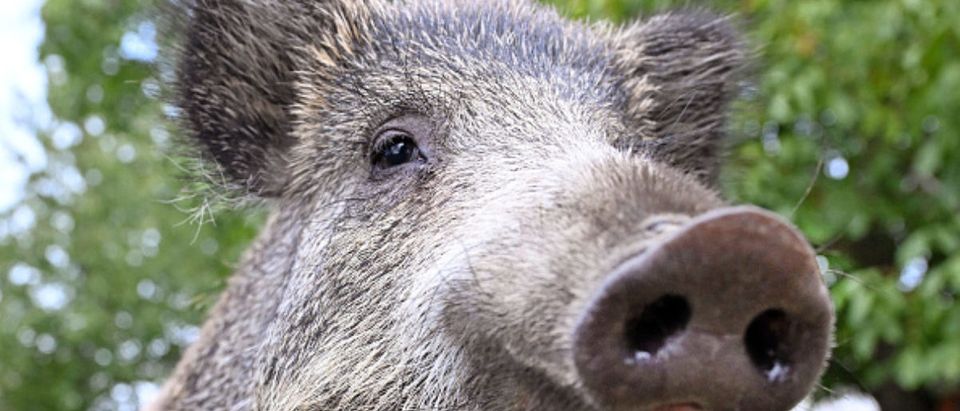The second person to receive a pig heart transplant has died nearly six weeks after the surgery, the patient’s Maryland doctors reported Tuesday.
Lawrence Faucette, 58, received the genetically modified pig heart on Sept. 20, according to The Associated Press (AP). Faucette was suffering from heart failure and was ineligible for a traditional heart transplant, AP reported.
Faucette’s wife, Ann, said in a University of Maryland Medical Center (UMMC) statement that her husband “knew his time with us was short and this was his last chance to do for others” and that he “never imagined he would survive as long as he did.” (RELATED: Surgeons Transplant Pig Heart Into Dying Man In Second Operation Of Its Kind)
Maryland veteran who received genetically modified pig heart transplant has died, hospital says https://t.co/ETkGSTCidW
— Fox News (@FoxNews) November 1, 2023
The University of Maryland School of Medicine said the transplanted pig heart appeared to work normally for the first month but showed signs of rejection before Faucette’s death on Monday, AP reported.
The world’s first pig heart transplant recipient, David Bennet, survived for two months after the Maryland team performed the operation in 2022, according to AP. Doctors learned from the first experiment, implementing better virus testing before the recent attempt on Faucette, the outlet reported.
“Mr. Faucette’s last wish was for us to make the most of what we have learned from our experience,” Dr. Bartley Griffith, who took the lead on the transplant surgery, said in the UMMC statement.
Animal-to-human organ transplants, known as xenotransplants, have been unsuccessful for decades due to the human immune system’s immediate reaction to destroy the foreign tissue, AP explained. The current approach is to use pigs genetically modified to make more human-like organs, per the outlet.
Dr. Muhammad Mohiuddin, cardiac xenotransplant chief, said the team will continue studying pig organs. “As with the first patient, David Bennet, Sr., we intend to conduct an extensive analysis to identify factors that can be prevented in future transplants; this will allow us to continue to move forward and educate our colleagues in the field on our experience,” he said in the UMMC statement.
The nation’s list for traditional transplants is over 100,000 people long — most of them awaiting kidneys — and thousands will die while they wait, AP noted.


